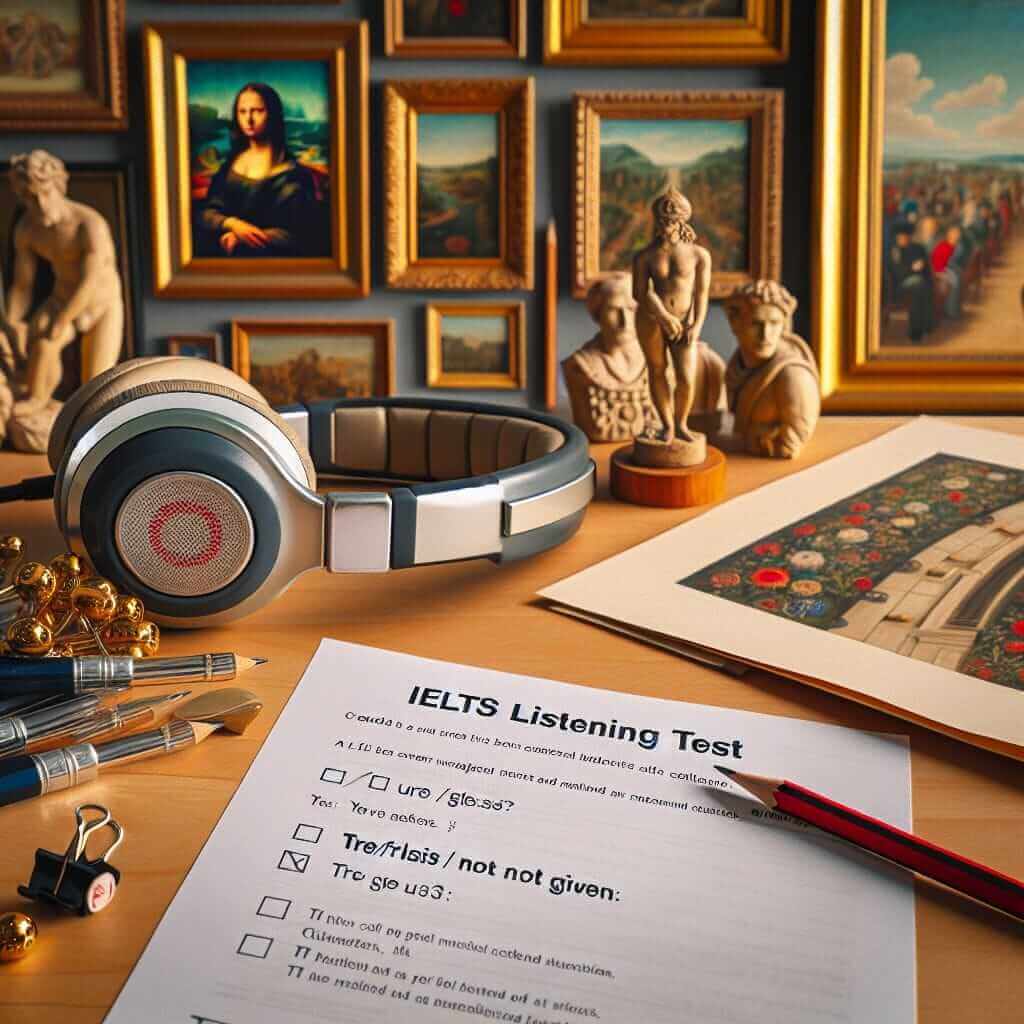As an IELTS instructor with over 20 years of experience, I often get asked about the nuances of the IELTS Listening test, and one recurring query is whether it’s acceptable to use “T” instead of “True” when answering True/False/Not Given questions.
Let’s clarify this point for all aspiring IELTS test-takers.
Understanding the Instructions
The IELTS Listening test is designed to assess your ability to comprehend spoken English. The instructions for the True/False/Not Given questions are usually very specific. You are typically asked to write “True”, “False”, or “Not Given”.
Why Using “T” for True Can Be Risky
While it might seem like a simple time-saving tactic, using abbreviations like “T” for “True” in your IELTS Listening answer sheet can potentially impact your score. Here’s why:
1. Strict Marking Criteria
IELTS examiners follow a strict marking scheme. They are looking for precise answers that match the instructions given. Deviating from these instructions, even slightly, can lead to an incorrect mark.
2. Ambiguity
While “T” is commonly understood as an abbreviation for “True,” there’s a slight chance it could be misconstrued, especially if your handwriting is not clear. Why take the risk when you can simply write the complete word?
Best Practice: Stick to the Instructions
My advice is always to adhere to the instructions provided. Write “True”, “False”, or “Not Given” in full. This eliminates any possibility of ambiguity and ensures you’re meeting the examiner’s expectations.
Example From a Real IELTS Listening Test
Let’s imagine you hear the following in a listening passage:
-
Speaker: The museum houses an extensive collection of 19th-century European paintings.
-
Statement: The museum’s collection focuses exclusively on European art from the 1800s.

The correct answer is False. While the museum does have a collection from the 19th century, the statement is too extreme by saying “exclusively.”
By writing “False” in full, you demonstrate a clear understanding of the task and the meaning of the statement.
Tips for IELTS Listening True/False/Not Given Questions
- Listen carefully: Pay close attention to the nuances of what the speaker says. Often, the difference between “True” and “False” lies in a small detail.
- Focus on meaning, not just keywords: Don’t just scan for words that appear in both the statement and the audio. Analyze the overall meaning.
- Manage your time: Don’t spend too long on a single question. If you’re unsure, make your best guess and move on.
Conclusion
In the IELTS Listening test, clarity and accuracy are crucial. While it’s tempting to save time, using abbreviations like “T” for “True” can be risky. Follow the instructions carefully, write your answers in full, and aim for precision to maximize your chances of achieving your desired band score.